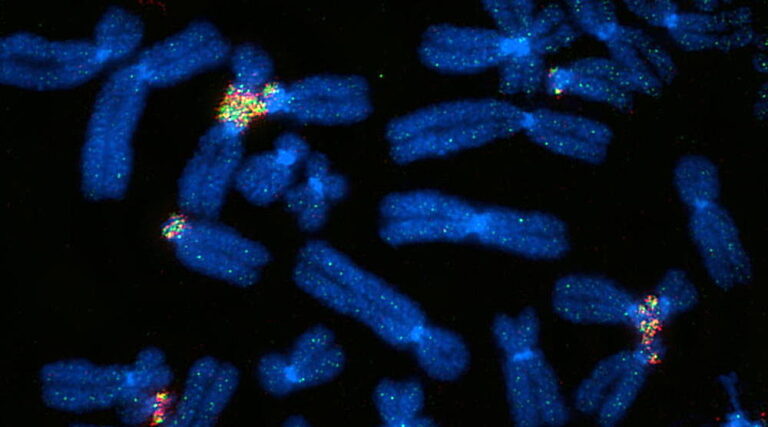The answer is, yes, all of the above affect infertility. Genes certainly play a role. We know that approximately 7% of the male population is infertile due to physiological defects, sperm production, or unknown genetic origins. Similarly, about 10% of women are infertile; physiological defects, X chromosome abnormalities, additional chromosome errors, and other factors may be responsible.
Age is important as well. As a woman ages, cellular and molecular function for egg quality invariably and exponentially drops around age 35 to 40. Although male sperm production proceeds continuously throughout a man’s adult life, new evidence is emerging that may involve declines in sperm quantity and quality with age.
Environmental risk factors affect, well, everyone. Well known contributors include DNA-damaging diagnostic imaging and radiation therapies, alcohol and tobacco consumption, poor diet, and physical inactivity. In addition, certain chemicals common in water bottles, food packaging, and other products used daily like household cleaning supplies and even shampoo can disrupt hormones required for reproductive health.





